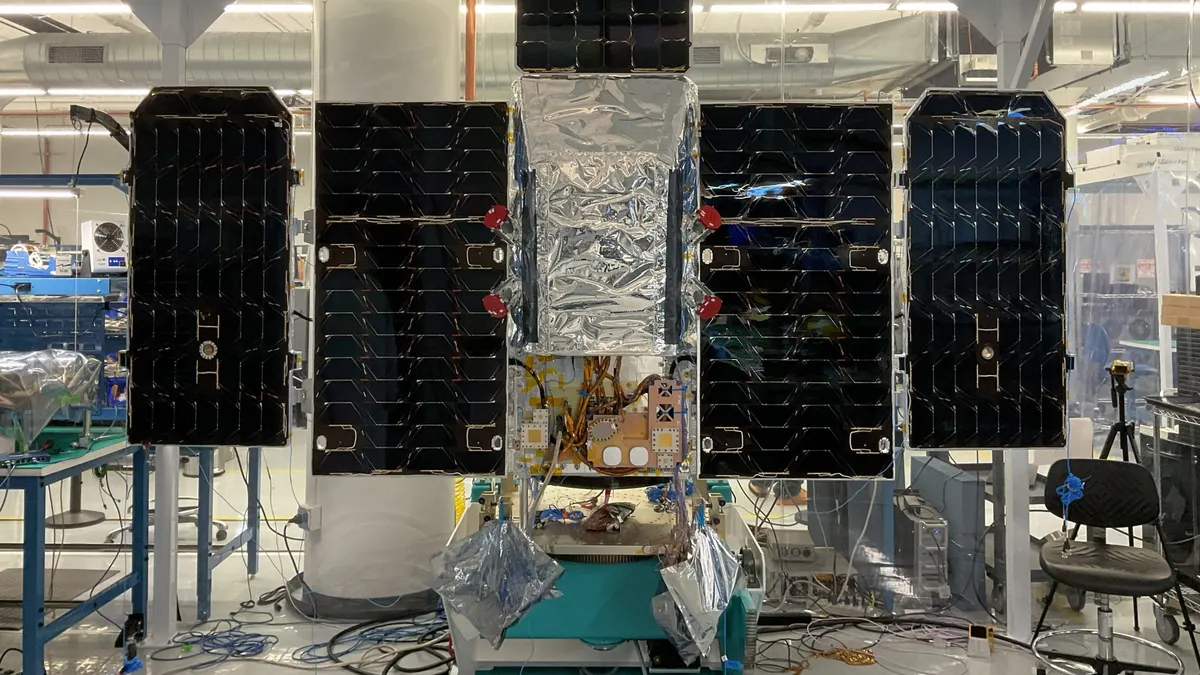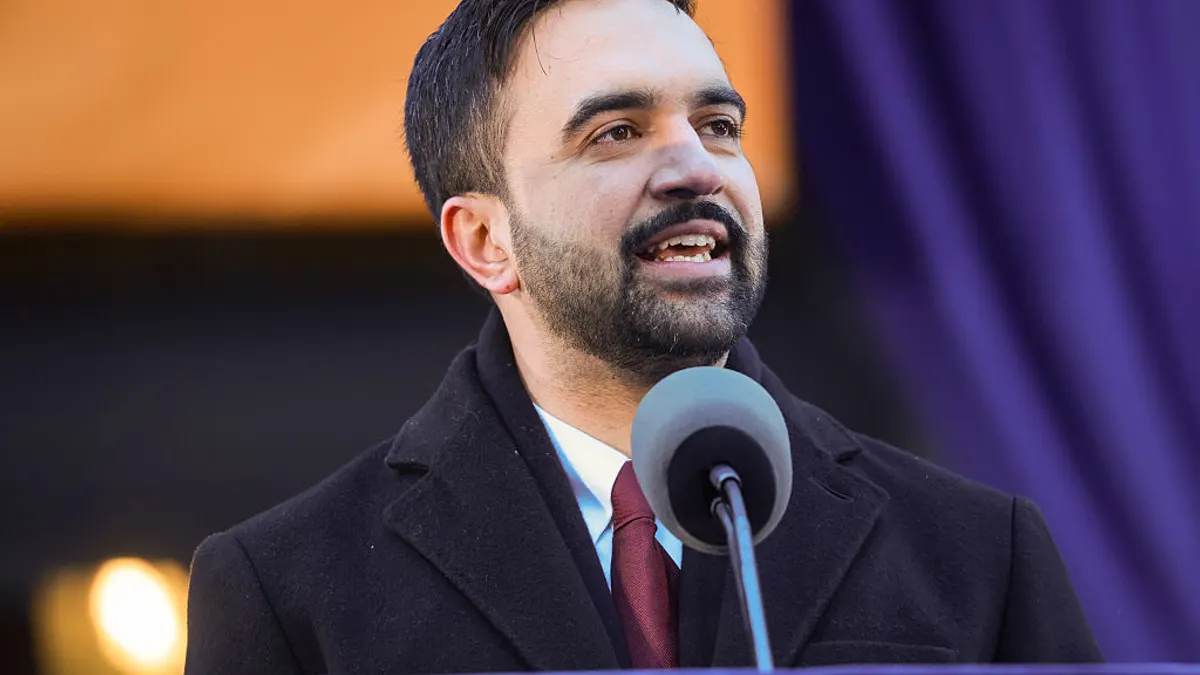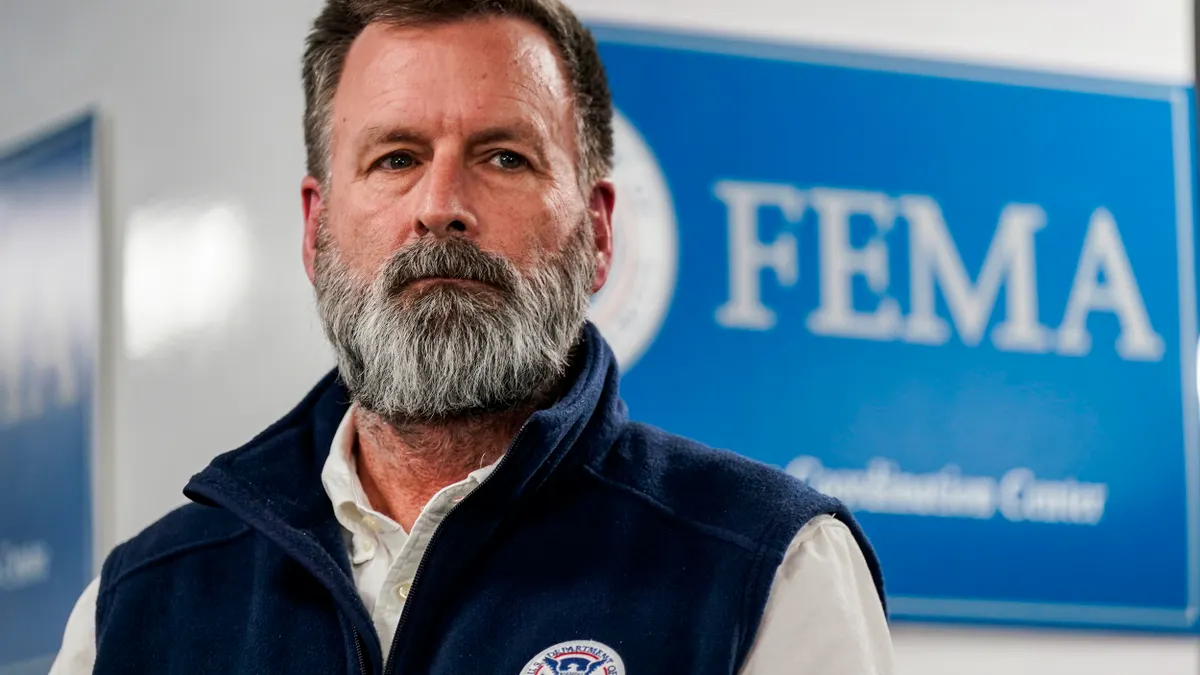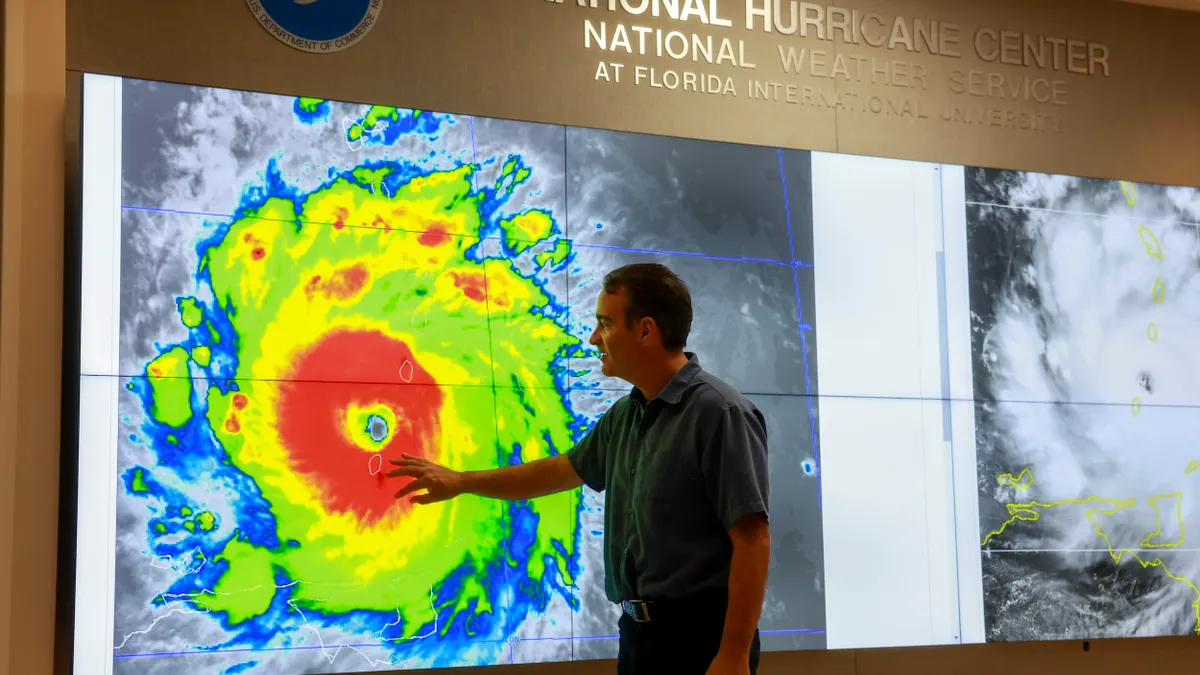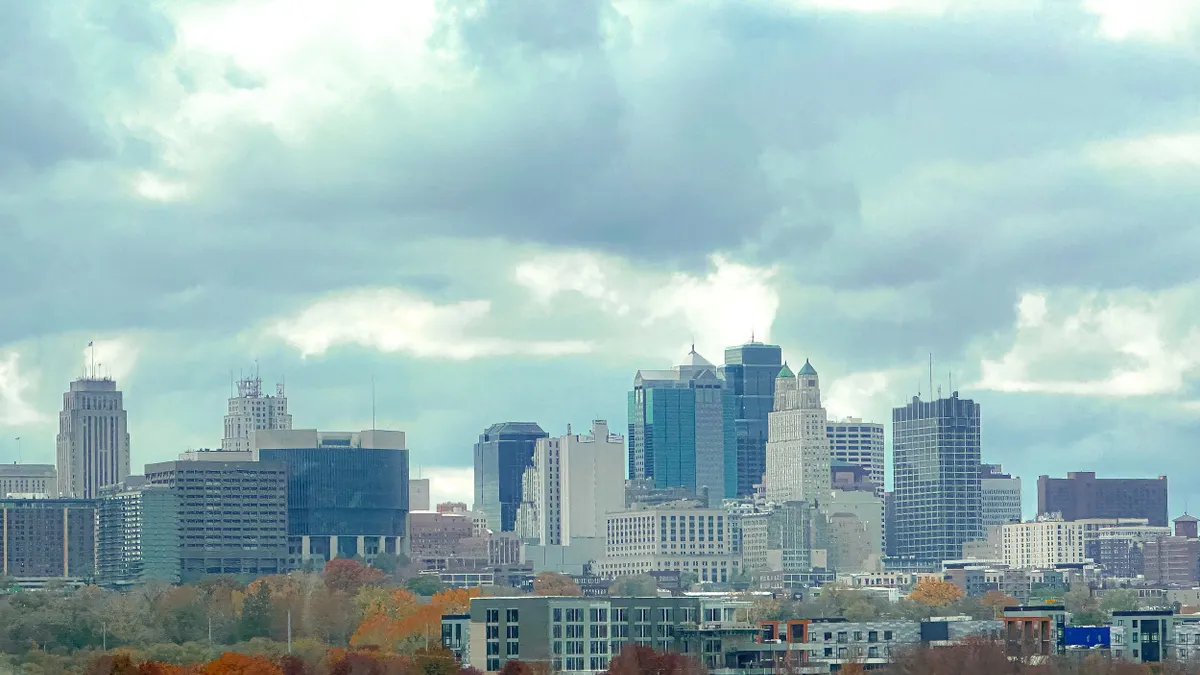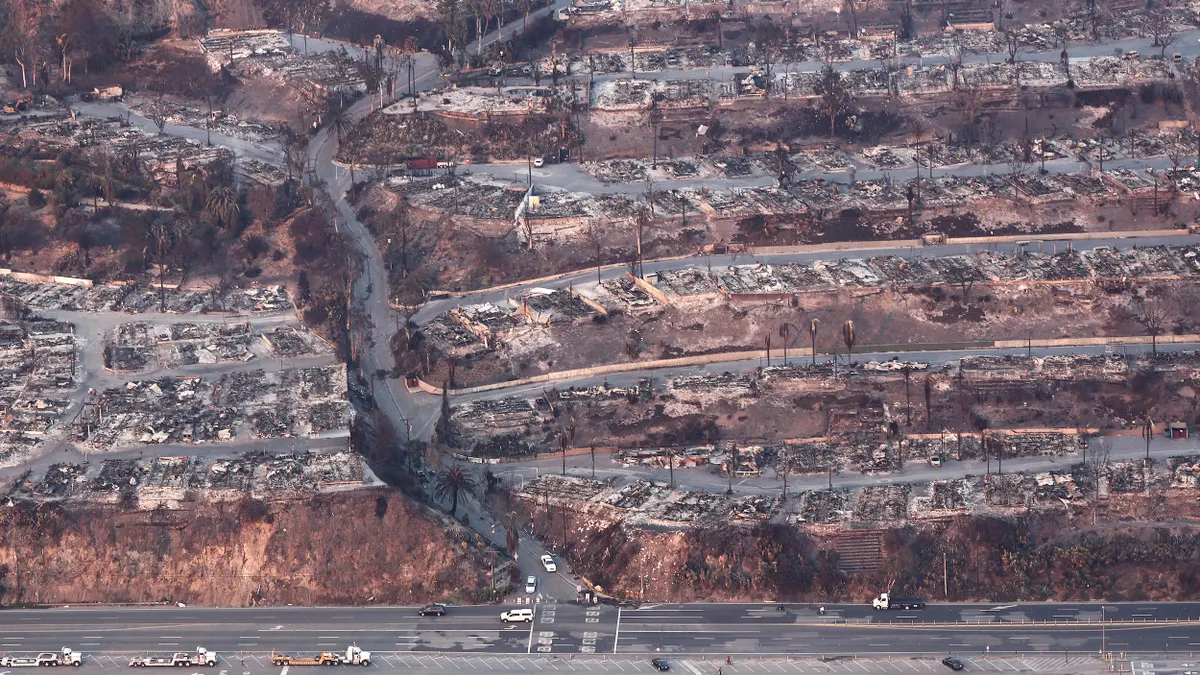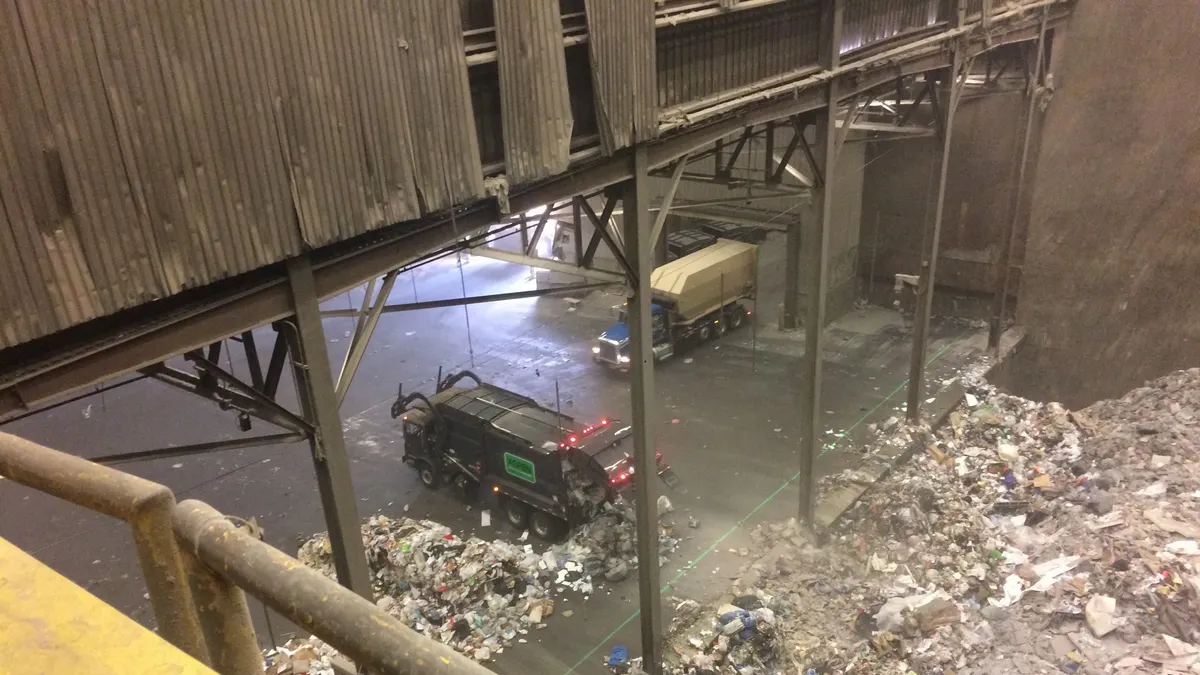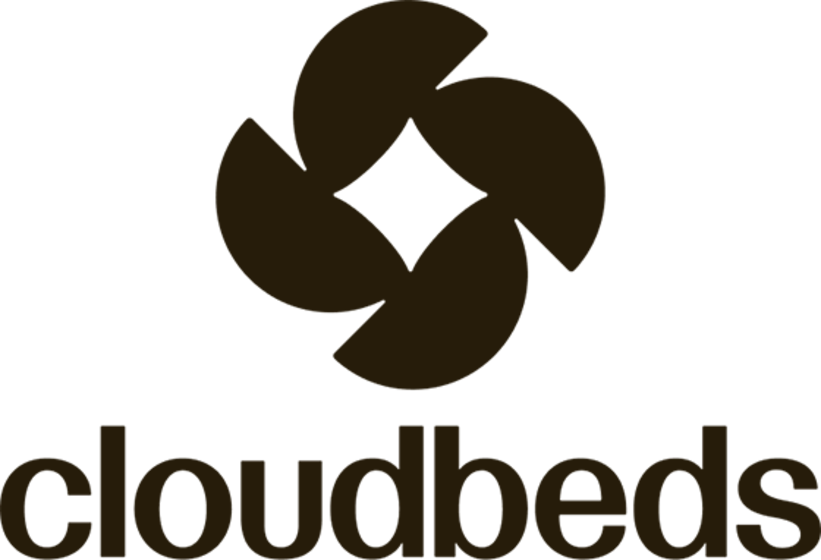Colorado's Air Quality Control Commission voted last week to move forward with a new methane regulation for the state's landfills, rebuffing a request from waste industry groups and several cities and counties to delay consideration of the rule. The decision means the regulation could be approved by the commission as soon as Aug. 21, when it's next scheduled to deliberate on the proposal.
Regulation Number 31 would create a range of new requirements for landfill operators in Colorado. Changes include faster well installation, a new methane-based threshold for installing monitoring technologies and more stringent requirements for operators to respond to detected methane gas exceedances.
The state held stakeholder meetings to get feedback from landfill operators on the regulation before publishing a draft earlier this year. But industry voices, including the Coalition of Public Municipal Solid Waste Facilities in Colorado, the National Waste and Recycling Association and some of the nation's largest waste companies, brought a motion to the Air Quality Control Commission in which they said they needed more time to evaluate the regulation's wide-ranging effects.
"Though the [state regulator] hosted a technical workgroup related to the development of this rule proposal, the technical workgroup did not provide sufficient or reasonable information to stakeholders," the parties wrote in their motion. "Thus, while parties have been frantically reviewing, redlining, and seeking engagement with the [Air Quality Control] Division, ongoing reviews of the Proposed Rule continue to identify additional areas of technical infeasibility, where compliance is impossible, or of uncertainty or confusion, among other concerns."
But environmental groups hailed the Air Quality Control Commission’s decision to press forward, arguing the public health impacts of landfill gas necessitate quick action.
"Methane from landfills doesn’t just fuel the climate crisis — it carries a hazardous mix of pollutants that worsen asthma, heart conditions, and respiratory illnesses," said Alex Boian, executive director of Healthy Air and Water Colorado, in a statement. "These impacts fall hardest on children, older adults, and low-income communities who are already overburdened by pollution."
Colorado's GHG Roadmap 2.0, released in 2024, identified reducing landfill methane emissions as an important near-term strategy to reduce climate-warming emissions. The road map noted that the state's 59 active landfills emit 1.3 million metric tons of carbon dioxide equivalent annually.
The most significant change to the regulations would give third parties that detect a methane plume the power to force landfill operators to investigate and fix any issues that may be causing such a leak. Those third parties would need to be approved by the state or the federal Methane Super Emitter Program, which is on uncertain ground in the Trump administration.
Watchdogs have tracked methane plumes from multiple Colorado landfills in recent months. In May, Carbon Mapper released new data on a persistent plume at the Front Range Landfill in Erie run by Waste Connections. Since the beginning of last year, the satellite monitoring company has also identified methane plumes at Republic Services' Tower Landfill in Commerce City and WM's Buffalo Ridge Landfill in Keenesburg.
The waste industry has pushed back on similar regulations in states like Oregon, arguing that satellite and aerial monitoring technologies are relatively untested and aren’t yet ready to be included in regulation. But Katherine Blauvelt, circular economy director at Industrious Labs, said Colorado’s pending regulation would provide critical support to methane monitoring efforts in the state.
“These are solutions that are walking and talking and they can solve real problems,” Blauvelt said. “We can find invisible methane leaks, we can better collect more gas.”
Colorado joins states like Maryland, Washington and Oregon that have updated their landfill emissions standards in recent years. California is also planning an update to its Landfill Methane Rule, which had the nation's strictest requirements when it went into effect in 2011 but has since been surpassed by federal standards.
The U.S. EPA is also overdue to update its emissions standards for new and existing landfills. The agency said last year it would enact new standards in 2025, but the change in administration makes that timeline uncertain.
In a statement, NWRA President and CEO Michael E. Hoffman said a delay in finalizing Colorado's new rule would have given the waste industry "valuable time to ensure the final rule fully reflects stakeholder input." But he said industry partners will continue to look into the proposal and work with the Air Quality Control Commission over the next month.
"While it is unfortunate that an extension was not granted, NWRA, along with other parties, remain committed to working collaboratively with the Commission in the coming weeks to develop a rule that takes into account the real-world challenges faced by landfill operators," Hoffman said.
Blauvelt said it's important to keep pushing regulations forward, noting the standard method of searching for methane leaks by physically walking the surface of a landfill has changed little in decades.
“Pollution from landfills demands problem-solving,” Blauvelt said. “Anything less than moving forward as planned would send a message to Coloradans that their health is up to negotiation.”



